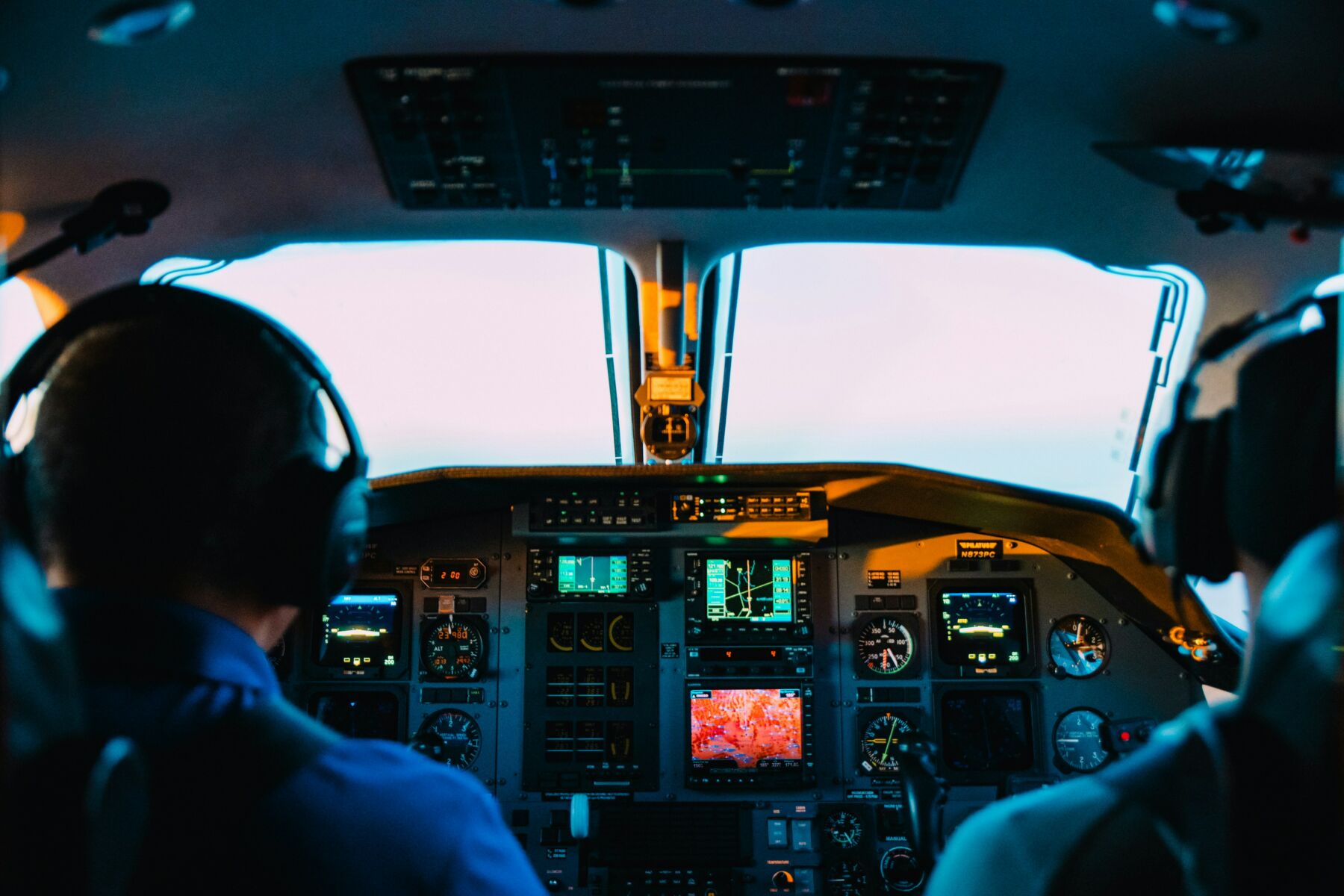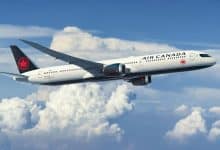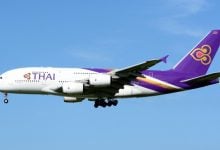Flying foreign: Thai aviation industry in a tailspin over pilot proposal

The Thai aviation industry has been stirred by the proposal to allow foreign pilots to operate domestic routes, a move considered unusual as such roles are traditionally reserved for Thai nationals. Thai Vietjet’s request, though temporary, aimed to address an aircraft shortage during peak travel seasons, has met with significant resistance from the Thai Pilots Association.
A global shortage of aircraft post-pandemic has hampered airlines’ efforts to expand their fleets amidst rising travel demand. Former premier Srettha Thavisin, in a June post on his X account, highlighted his discussions with key industry stakeholders, including Thai Airways and Thai Vietjet, urging them to ensure sufficient seat capacity for the upcoming high season. Consequently, Thai Vietjet’s request to lift restrictions on foreign pilots was forwarded to the Labour Ministry by Srettha.
Thai Vietjet seeks to utilise wet lease arrangements, comprising aircraft, crew, maintenance, and insurance, thereby necessitating a change in rules regarding foreign employment. The Labour Ministry must first approve these changes, as wet leases typically involve foreign pilots and crews.
On August 14, coinciding with Srettha’s dismissal by the constitutional court, the Department of Employment convened with the Civil Aviation Authority of Thailand (CAAT), the Thai Pilots Association, and Thai Vietjet to explore solutions.
Teerawat Angkasakulkiat, President of the Thai Pilots Association, noted the government’s initial agreement to the airline’s request, raising concerns among unemployed Thai pilots about their job prospects. However, the dismissal of the cabinet halted progress, which only resumed recently.
Labour Minister Phiphat Ratchakitprakarn, retained from the previous administration, stated the ministry does not oppose the request and is ready to permit Thai Vietjet to employ foreign pilots for domestic routes upon formal submission. Phiphat emphasised that this adjustment would apply solely to Thai Vietjet and not universally to all carriers, with other airlines requiring individual departmental approval.
Foreign pilot
“Granting permission would not harm job prospects for unemployed Thai pilots, as this temporary measure is meant to tackle specific cases.”
Teerawat Angkasakulkiat expressed concerns that allowing foreign pilots could set a precedent for other airlines and potentially breach aviation laws. Specifically, Thailand’s non-compliance with Article 83bis of the Chicago Convention, which allows the transferring of supervisory responsibilities for an aircraft to the operator’s state, could jeopardise the country’s aviation status.
“Granting permission might breach aviation laws and affect the status of the country.”
Teerawat was referencing the 2015 red flag incident when Thailand failed an International Civil Aviation Organisation safety test, restricting Thai carriers’ international operations.
Operationally, Teerawat questioned the necessity of committing to Article 83bis and pointed out that wet leases, often more expensive than dry leases, might not benefit tourists despite increased seat capacity.
Sarun Benjanirat, CAAT Deputy Director-General, noted that wet leasing has been an option since 2008, though seldom used. He argued it remains a viable solution for unexpected events, such as bans on specific aircraft types commonly used in Thailand.
“Wet lease arrangements can be a useful scheme for the aviation industry when encountering unexpected events.”
Sarun added that a few aircraft under wet leases do not necessitate committing to Article 83bis.
Wutthiphum Jurangkool, Nok Air Chief Executive, acknowledged considering wet leases for future use but plans to restrict them to international routes to comply with labour regulations. He highlighted both the pros and cons of wet leasing for Thai aviation, noting the faster importation process and the readiness of foreign pilots, in contrast to some Thai pilots whose licenses expired during the pandemic.
“Local pilots with expired licenses would be the most affected group.”
Wutthiphum cited high training costs and the tendency of pilots to switch airlines after gaining sufficient flight hours, reported Bangkok Post.
Aswin Yangkirativorn, Thai Lion Air’s chief executive, confirmed his airline’s decision against acquiring aircraft via wet leases. While acknowledging the current aircraft acquisition challenges faced by many airlines, he stated that Thai Lion Air, which primarily operates Boeing 737 aircraft, has sufficient pilots for its existing and incoming fleet between October and December.
Latest Thailand News
Follow The Thaiger on Google News:


























